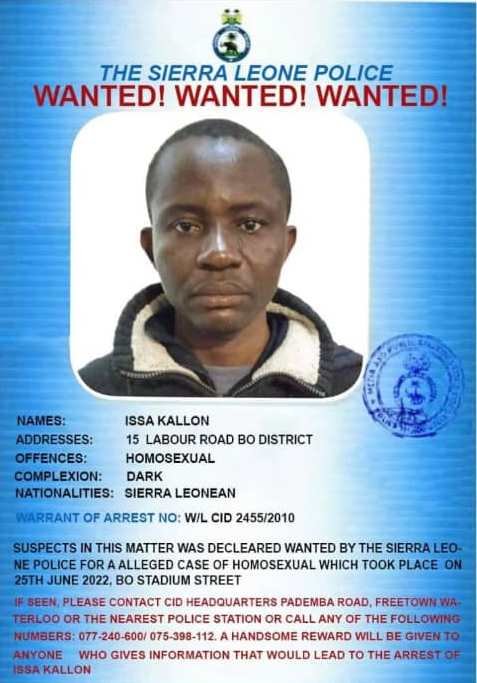By Africa 24 team
Lots of Sierra Leoneans are confused and worried over government and Mobile Network Operators (MNOs)’s agreement on the country’s new tariff payment system by subscribers.
This follows shortly after an abrupt increment is made on mobile data services for users.
The decision to announce the new tariff on mobile data services and voice calling systems emanated from a meeting between government of Sierra Leone and representatives of MNOs.
Instead of sharp reductions being made on mobile tariffs, government reportedly agreed on re-introducing years back free midnight calls, running at specific periods, but for which the timing are still undisclosed to the public.
It means, according to many critics, government had not done anything quite helpful for its citizens to enjoy today’s internet use and mobile voice calling facility.
This is simply because an additional sum of money has been made on data usage, which will also mean internet users will be spending far costs on data tariff than they were previously paying up to enjoy similar facilities such as surfing the internet, going on Facebook, chatting on Whatsapp, and sending photos on Instagram, and using twitter (now known as threads).
The fixed price for mobile data services sold by private telecoms will now cost callers NLe 20 (new Leones); it used to be NLe 15.
While there has also been sharp increase on the costs of mobile voice calls on subscribers.
A mobile top-up seller at Garrison Street was asking to know whether there had been days already announced for “night calls” as promotional offers to be given by MNOs to subscriber following government’s latest meeting with key of these mobile companies.
But, others talked less about this particular facility, agreeing that night calls can be meaningless since most people hugely make calls during days’ times than at nights’ periods when people will be sleeping.
“To me, it makes no difference; I don’t wake up at night to make calls; why must government allow the mobile tariffs to be added. These days we are using more of our phones to chat with friends and discuss business deals and we do calls on days’ hours.”
The mobile companies, through a government notice by the Ministry of Information and Civil Education released on November 4th, 2023, were believed to have told government that they intended to slam 100 per cent increase in mobile service tariffs due to the current inflation and fuel high costs and bloated electricity bills in the country which are affecting their overhead costs.
The government, according to that public notice, had merely called mobile companies for adjustments to be made that would be favourable for mobile firms and subscribers – with the latter whom government is seeking to protect their interests.
The negotiation was spearheaded by National Telecommunications Authority and the Ministry of Communications, Technology and Innovation in presence of the three prominent mobile companies: Orange mobile company, Africell mobile company and QCELL mobile company, operating in Sierra Leone.
These private mobile firms are having the largest market share in the country.
However, the negotiation between government and the tripartite telecoms will turned out to be a “sour deal” and will become somewhat “unfavourably” for poor subscribers of these mobile companies.
The mobile companies have been pressed harder by the country’s inflation and by government’s taxes such as them having to paying up high electricity bills.
The new mobile tariff payment system was expected to start running up just two days after the public notice had been released.
But, charges on mobile calls are currently still payable by callers at nights despite government had stated that Tuesday November 7, 2023 marked a kick off day for free night calls “promo”.






































































































































































































































































































































































































































































































































































































































































































































































































































































































































































































































































































































































































































































































































































































































































































































































































































































































































































































































































































































































































































































































































































































































































































































































































































































































































































































































































































































































































































































































































































































































































































































































































































































































































































































































































































































































































































































































































































































































